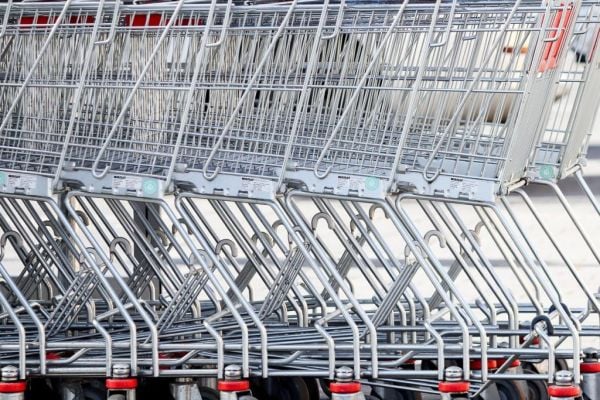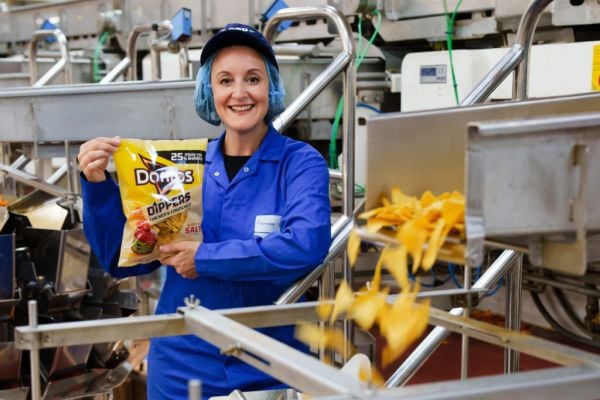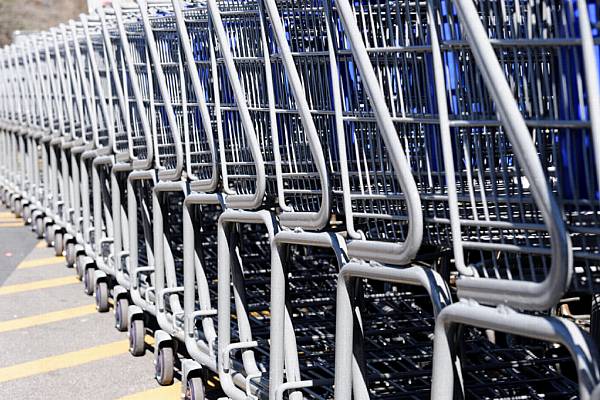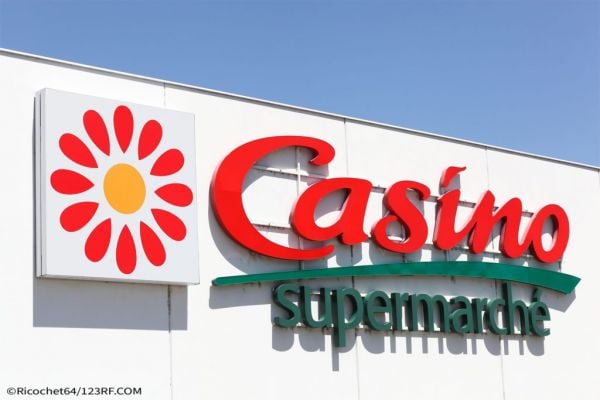British lawmakers launched an investigation on Friday into the fairness of the country's food supply chain, seeking to understand why households are facing the highest levels of food price inflation since the 1970s.
The cross-party Environment, Food and Rural Affairs (EFRA) Committee of the House of Commons, the lower chamber of parliament, said it would examine how profits and risks are shared from "farm to fork", and the level of regulation.
It will also examine the impact of external factors on the supply chain, such as imported food and global commodity prices.
'Good Food At A Reasonable Price'
"When many people are struggling to give their families good food at a reasonable price, it's our job as a committee to get to the bottom of what’s going on," Robert Goodwill, chair of the EFRA Committee and a lawmaker from the ruling Conservative Party, said.
“We know that consumers are paying higher prices, but the question is - are the other parts of the supply chain unduly benefiting from that, or are some of them also feeling the squeeze?" he said.
Earlier this month, France's government pledged to take action against food retailers who fail to pass on lower wholesale prices to consumers.
Read More: France Could Tax Food Industry Over High Prices: Finance Minister
Supermarket Profits
In Britain, the smaller opposition Liberal Democrats party has called for the government to investigate supermarkets' profits.
Supermarket groups, including market leader Tesco, deny claims that they are profiteering, saying they have taken a hit to earnings and have operating margins of 4% or less, while major consumer goods firms such as Unilever and Nestlé have margins of 16-17%.
Official data showed UK food prices were 19.1% higher in March than a year earlier, the biggest such rise since August 1977, while in April, grocery inflation was 17.3%, according to industry data.
The Bank of England said on Thursday it expected overall inflation - which remained above 10% in March - to fall more slowly than it had hoped, mostly due to unexpectedly big and persistent rises in food prices.
Food retailers have said they expect prices to rise in 2023 overall but the rate of inflation will decline through the year.
Prices for some products that have seen the sharpest rises, such as milk, butter and bread, have actually started to fall.
The EFRA committee does not have the power to change legislation but it can take oral and written evidence from farmers, manufacturers, retailers, the government and consumers, and issue a report with recommendations.
Read More: UK Retailers Report Record Food Inflation But See Drops Ahead
News by Reuters, edited by ESM – your source for the latest retail news. Click subscribe to sign up to ESM: European Supermarket Magazine.














